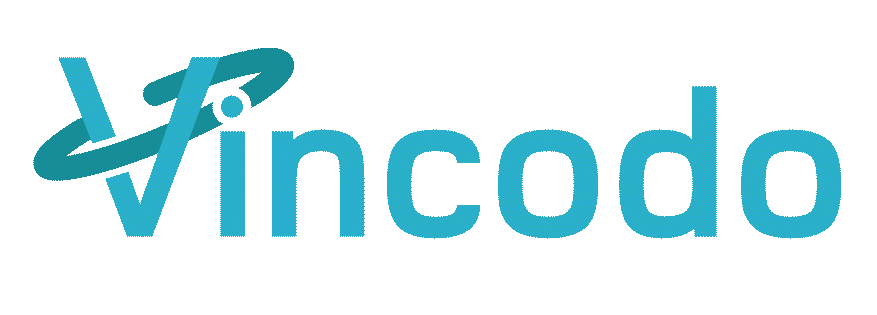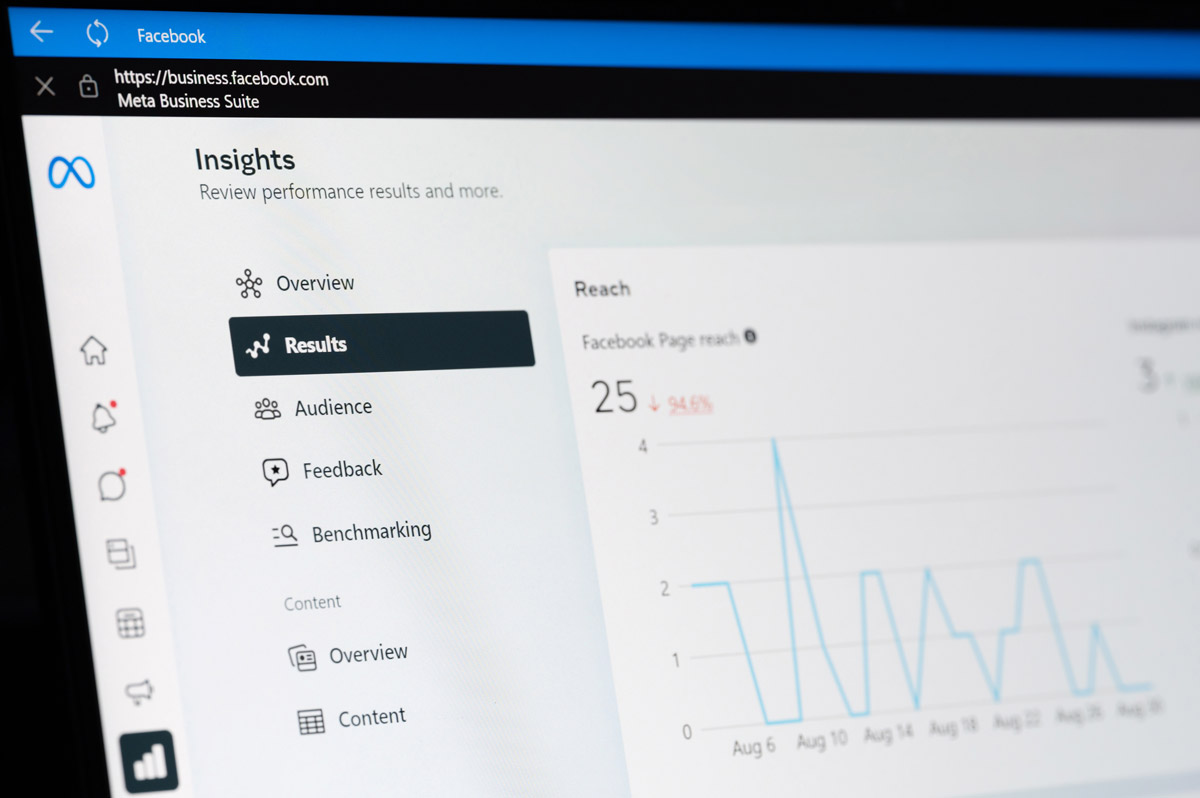The social media giant Facebook is removing detailed targeting options that refer to sensitive topics. Find out what this means for advertising on Facebook in the future.
What Is Detailed Targeting?
When a business advertises on Facebook, it has the option to target certain demographics of users. For example, a woman’s clothing company is more likely to target ads to female users in their 30s and 40s who may have purchased something from that company in the past.
In the ad set creation tool on Facebook, businesses have the option to select “detailed targeting” in the audience section. This further refines the groups of people the ad will be shown to.
Detailed targeting options may be based on:
- Ads the user has previously clicked on and engaged with
- Pages they engage with on Facebook
- Activities the user engages in, such as trips they may take or device usage specifics, like how often they use it or when they use it
- Basic demographics, such as gender, age and location
- Whether the user has an iPhone or Android device
Detailed targeting also allows companies to exclude certain demographics, interests or audience behaviors and activities from an ad set.
Personalizing Ad Experiences
Meta believes that the “best ad experiences are personalized.” With personalized ads, people are able to discover products and services offered by small businesses that aren’t able to advertise using traditional forms of media, such as television.
Personalized ads on Facebook also allow social causes and nonprofit organizations to reach a wider audience and connect them to fundraisers and bring awareness to important issues.
However, along with the ability to personalize ad experiences, it’s also very easy for companies with more nefarious intent to reach a wider audience and abuse the different targeting options Meta makes available to its advertisers on Facebook.
Removing Detailed Targeting Options for Sensitive Topics
To that end, Meta announced in January 2022 that the company would be removing detailed targeting options that relate to topics people may find sensitive, “such as options referencing causes, organizations or public figures that relate to health, race or ethnicity, political affiliation, religion or sexual orientation.”
The company provided a list of examples that would fall under this umbrella of detailed targeting options for sensitive topics. They include:
- Health causes, such as Lung Cancer Awareness Day
- Sexual orientation, such as LGBTQ+ culture or same-sex marriage causes
- Religious practices and groups, such as the Catholic Church or Jewish holidays
- Any political beliefs or stances on social issues, causes, organizations or figures
Meta stated that the decision to remove these types of ads from Facebook was not an easy one to make. It also said that the detailed targeting options it’s removing have nothing to do with physical characteristics or attributes but are instead based on “people’s interactions with content on our platform.”
In the press release, Meta also indicated that reviews and updates to targeted ads are performed on a regular basis to provide more value to advertisers and people and reduce the potential for abuse.
Reaching Audiences in Other Ways
Some small businesses and nonprofit organizations expressed concerns about not being able to reach as wide of an audience as before. Meta remains committed to supporting them in reaching users via other tools on its site, including the ability to create custom engagement audiences, look-alike audiences and location targeting.
Update as of May 2022
The detailed targeting options for sensitive topics on Facebook continue to be unavailable. In April 2022, Meta consolidated its ad topics and interest categories controls into a single Ad Topics control. Available on both Facebook and Instagram, it further allows users to set preferences across ad topics so they can control the type of ad content they’re seeing.





